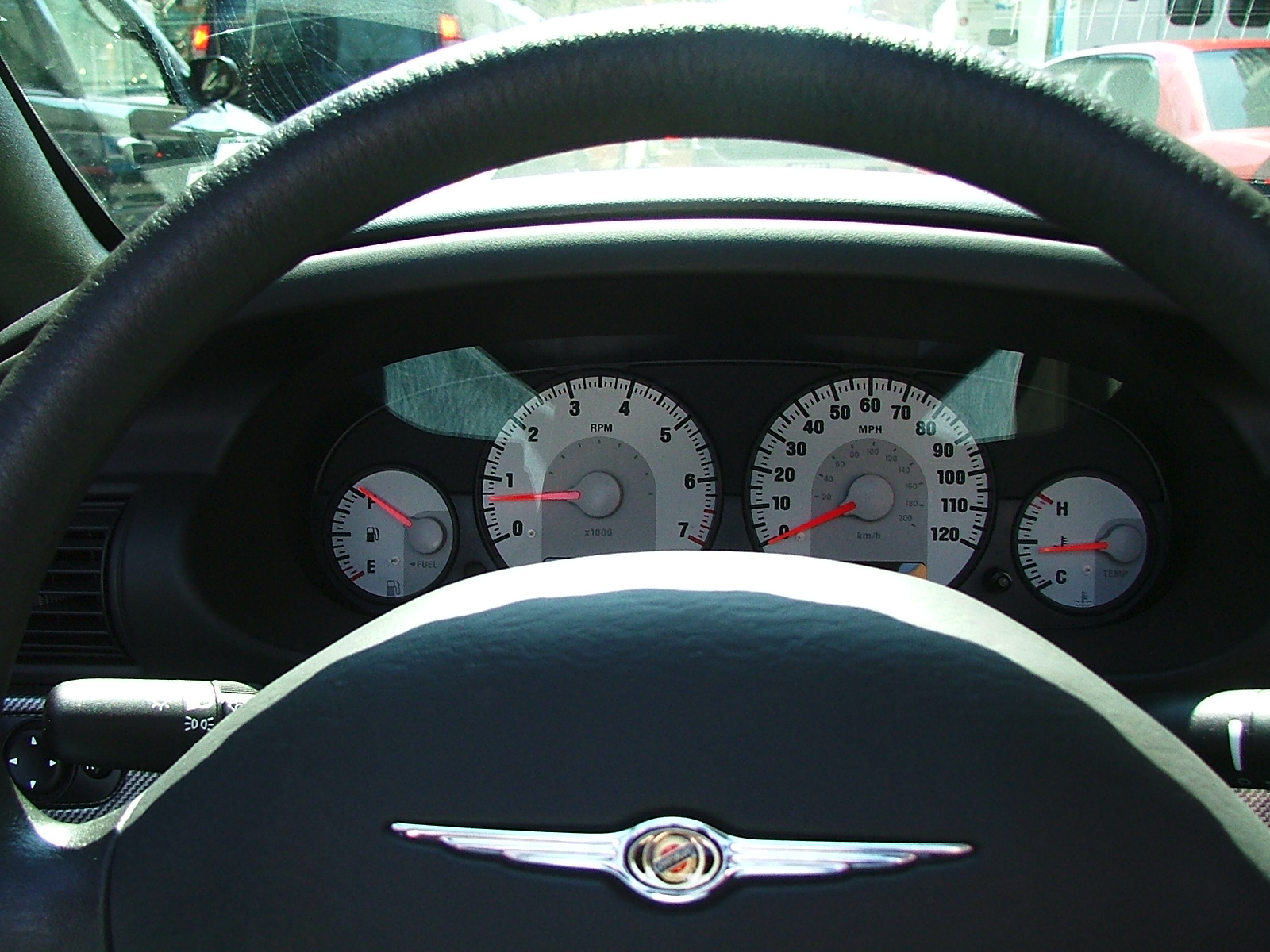Demerits Points For Learner And Provisional Licence Holders
To help reduce young driver deaths on our roads, learner and provisional licence holders are included in the demerit point scheme.
The allocation of demerit points for certain traffic offences is designed to encourage safe and responsible driving.
The majority of drivers, including learners and provisional drivers, are able to drive safely and in accordance with the law. However, drivers under 25 years of age continue to be over-represented in road crashes. The inclusion of learner and provisional licence holders in the demerit points scheme will further encourage safe driving by young people and help reduce the trauma caused by road crashes to individuals and their families and friends.
The information on this page is a plain English guide only and is subject to change at any time without notice.
Reference should be made to the latest provisions in the law for detailed information on specific offences and penalties.
Licence suspension or refusal
Learner and P1 drivers
If you commit enough demerit point offences within a 3 year period that you reach or go over 4 demerit points, your learner or P1 licence will be suspended, or we will refuse to renew it, for 3 months.
P2 drivers
If you commit enough demerit point offences within a 3 year period that you reach or go over 7 demerit points, your P2 licence will be suspended, or we will refuse to renew it, for 3 months.
Heavy penalties apply
Heavy penalties, including a jail sentence and disqualification from driving, may be imposed by a court if you are convicted of driving while your licence is suspended or refused.
Speeding offences for learner and P1 drivers
All speeding offences committed by a learner or P1 driver attract at least 4 demerit points.
This means that if you commit any speeding offence while on your learner or P1 licence, you’ll be suspended, or we’ll refuse to renew your learner licence, for 3 months.
Excess speed offences
You can also lose your licence for higher levels of speeding. An additional 3 month suspension applies if you exceed the speed limit by more than 30 km/h, and a 6 month suspension applies for speeding by more than 45 km/h.
Police can also suspend and confiscate your licence at the roadside for speeding more than 30 km/h over the limit or if you drive without a supervisor.
Additional suspension period for P2 drivers
From 20 November 2017 changes to the Graduated Licence Scheme mean that a provisional P2 driver who is suspended for unsafe driving behaviour will have to to add 6 months to the time they must hold a P2 licence.
An extra 6 months is added for every suspension received. For example if a P2 licence holder receives a demerit point suspension, they will have to hold their P2 licence for the normal 24 months but will stay on their P2 for an extra 6 months, before being able to apply for a full licence.
Each separate suspension delays the P2 licence holder an extra 6 months . This applies to P2 licence holders who receive demerit point suspensions or suspensions for committing a higher risk road traffic offence such as exceeding the speed limit by 30km/h or more.
A P2 driver is required to remain on their licence restrictions before qualifying for graduation to a full unrestricted licence.
If a P2 driver commits an offence and does not receive a suspension, their period on a P2 licence will not be extended.
Appeals
If your learner or provisional licence is suspended due to loss of demerit points, you have the right to appeal the suspension.
Unrestricted licence holders do not have the right to appeal.
If you have the right of appeal you must lodge the appeal no later than 28 days after you receive a suspension or refusal notice. The law provides that a notice is deemed to be received four days after the date the notice is posted.
If an appeal is accepted by a court out of time, the law does not allow Roads and Maritime to record the appeal. You remain suspended or refused. This means you cannot drive. When the appeal is heard, the court will be advised that there is no jurisdiction for the court to hear the appeal.
